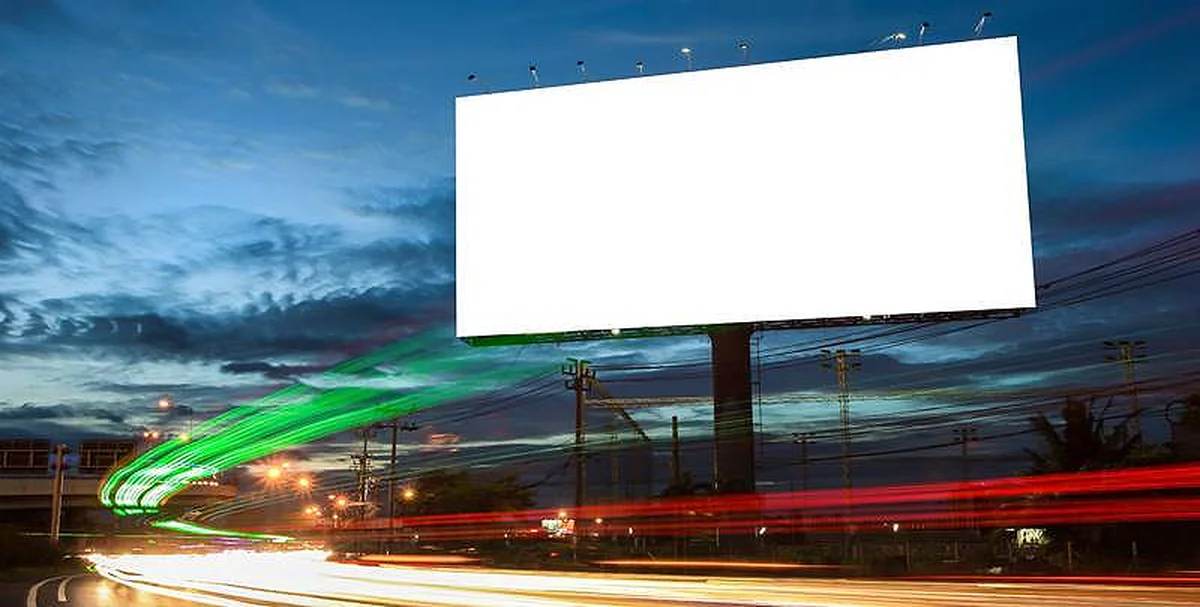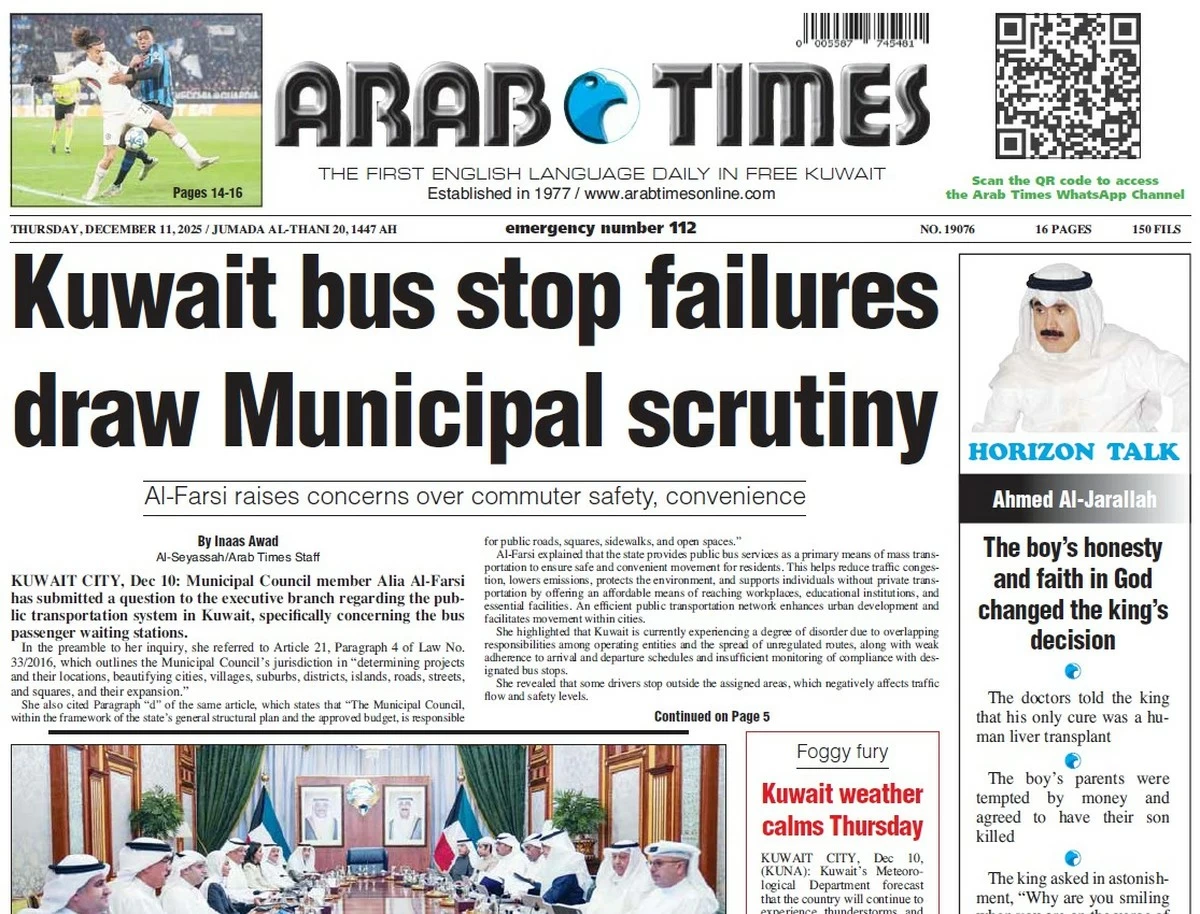20/10/2025
20/10/2025

KUWAIT CITY, Oct 20: The Kuwait Municipality has completed a comprehensive study to amend the country’s advertising regulations and is preparing to forward the revised draft to the Municipal Council for final approval.
The updated regulations introduce significant changes, including new fines, technical definitions, and operational guidelines aimed at streamlining advertising practices and improving the country’s visual landscape.
Stricter Penalties for Violations:
Under the proposed amendments, penalties have been clearly defined to address unlicensed advertising activities. Individuals or companies promoting social events without a license, or failing to renew an existing one, will face fines ranging from KD 100 to KD 500. Advertising business-related or prohibited content without authorization will result in fines between KD 500 and KD 3,000, while commercial advertisements placed without a valid license could incur penalties of KD 3,000 to KD 5,000.
Expanded Definitions and Clarifications
The amendments introduce new definitions for key advertising-related terms.
- An “Advertising Medium” is defined as any fixed or mobile platform—traditional or electronic—used for displaying advertisements, such as billboards, posters, balloons, vehicles, or electronic screens.
- “Advertising Site” encompasses all locations where advertisements can be placed, including shops, buildings, public property, roadsides, and beaches.
- “Electronic Billboards” are classified as either moving (displaying video or text) or fixed (non-moving throughout the license period). The Municipality is designated as the Competent Authority responsible for supervising and enforcing the regulations, while ministries and public entities are identified as Concerned Authorities overseeing specific activities.
Updated Licensing Rules
Licensing procedures will be streamlined, with renewal processes now available electronically. The municipality reserves the right to revoke or shorten license validity when deemed necessary for public interest, without liability or compensation to the license holder. The duration for most advertising licenses remains one year, except for auction-based advertisements or those explicitly defined otherwise.
License holders will be responsible for maintaining advertisements throughout the license period, and for removing them within three weeks of license expiry, non-renewal, or activity closure. Failure to comply will authorize the municipality to remove advertisements at the licensee’s expense.
Design and Structural Standards
The new rules introduce aesthetic and safety conditions for billboards.
- Lighting must not be bright or glaring.
- Trade names must be uniform in color and size, except for commercial agencies.
- The maximum height of a billboard, including its base, should not exceed seven meters.
- A protective frame is allowed if it enhances the billboard’s appearance, provided it does not exceed 50 centimeters on each side.
Commercial billboards cannot be left blank; licensees are required to fill empty spaces with designs or covers to prevent visual distortion.
Fees and Distance Restrictions
The revised regulations impose new annual fees, including KD 40 for advertisements on delivery motorcycles and KD 100 for commercial ads managed through advertising companies. Advertisements on bridges have been officially banned, following objections from the Public Authority for Roads and Land Transport. Billboards must now maintain a minimum distance of 300 meters between each other in the same direction, and projections must not exceed five meters in length or two meters in height.
For recurring advertisements, the minimum annual fee will be KD 75 per square meter for each side of an electronic billboard.
Specific Provisions for Vehicle and Facade Advertising
- Advertising on taxis and delivery vehicles must be confined to the vehicle’s sides without protrusion.
- A non-moving electronic display may be installed on the roof, with a maximum size of 40 cm x 120 cm, subject to approval from the Ministry of Interior.
- For shopfronts, advertisements must be installed at the top of the façade, with a maximum height of three meters, ensuring they do not obstruct residential views.
- In multi-story buildings, lighting must be fixed and self-contained.
- Lightbox advertisements are now permitted to hang from shop fronts under new technical standards.
Visual Harmony and Public Interest
The amendments emphasize maintaining Kuwait’s urban aesthetic and ensuring that all advertisements comply with safety and public interest standards. Engineering plans for new installations must be submitted by municipality-approved engineering offices, detailing specifications, materials, and installation methods.
Officials noted that the revisions aim to balance commercial freedom with visual organization, reinforcing Kuwait’s commitment to urban regulation, safety, and environmental integrity.
Once approved by the Municipal Council, the new regulations will serve as the comprehensive legal framework governing all advertising activities across the country — covering everything from small shopfront signs to large-scale electronic billboards.


